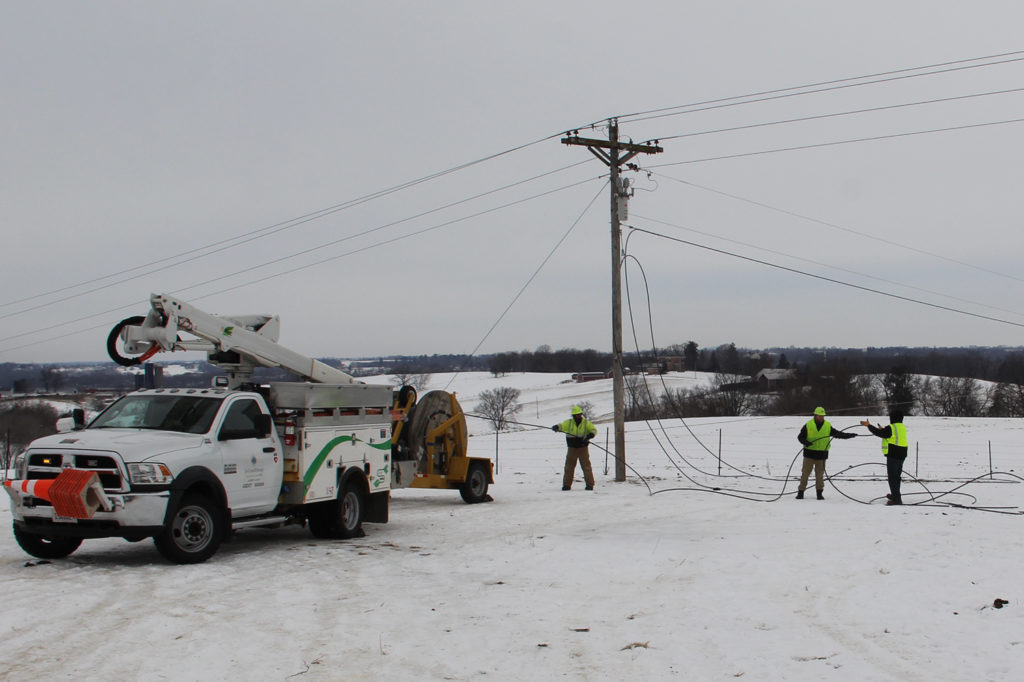
New broadband grants worth $300 million should only go toward proven technologies, and some rural areas should remain eligible for this funding even if they’ve won awards in other specific federal efforts to bridge the digital divide.
Those are the messages NRECA sent to the National Telecommunications & Information Administration as the agency finalizes rules for its Broadband Infrastructure Deployment (BID) grant program.
The Feb. 17 letter incorporates concerns that regions covered by initial winners in the Federal Communication Commission’s recent Rural Digital Opportunity Fund auction and similar programs will be locked out of new broadband funding if an RDOF grantee proves unable to provide adequate service.
NRECA and a large group of lawmakers raised these concerns to the FCC about a sizable portion of the $9.2 billion allocated in RDOF Phase I going to bidders with unproven technologies, such as fixed wireless to provide gigabit speeds and new low-earth-orbit satellite.
“People and businesses in rural America are struggling in a changed world that depends more each day on remote health care, remote education and remote work,” said Brian O’Hara, NRECA’s senior director of regulatory issues for telecom and broadband.
“A rural area set to receive federal funds for internet at speeds below the current definition of broadband should not be precluded from support for a higher level of service that will meet the growing bandwidth needs of today.”
Because of the way RDOF funding is structured, rural communities where broadband projects fall short could be stuck for up to a decade with inadequate service and no access to additional federal funds, O’Hara said.
NRECA also recommended that NTIA consider the far-reaching impacts of the pandemic on supply chains and labor and, if necessary, allow grantees to spend funds beyond the program’s one-year deadline.
“The ongoing COVID-19 crisis has put the spotlight on the absolute and outright necessity for ubiquitous high-performing broadband,” O’Hara said. “Rules for funding rural broadband must be flexible and inclusive to meet this challenge.”
Cathy Cash is a staff writer at NRECA.